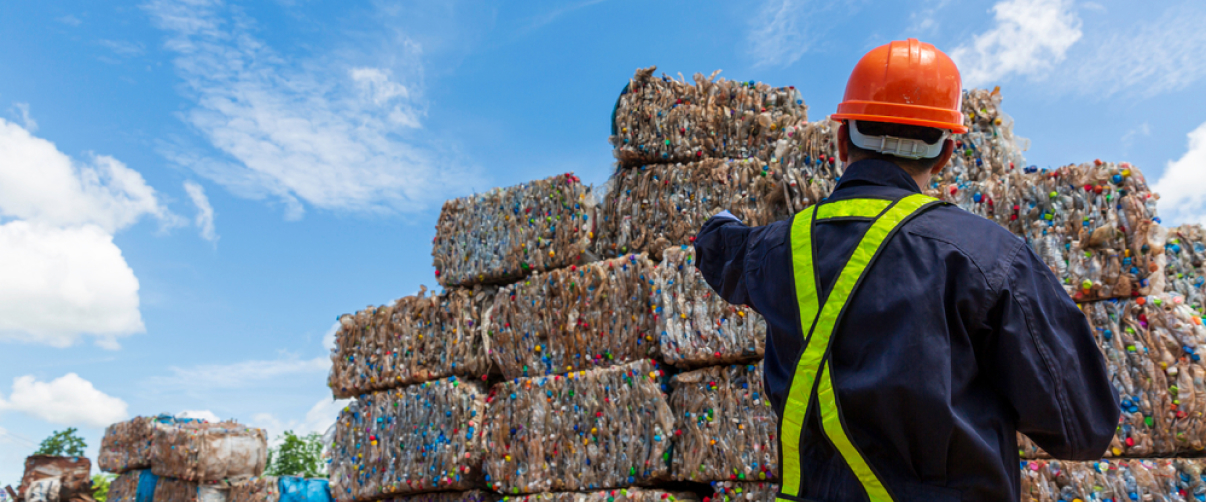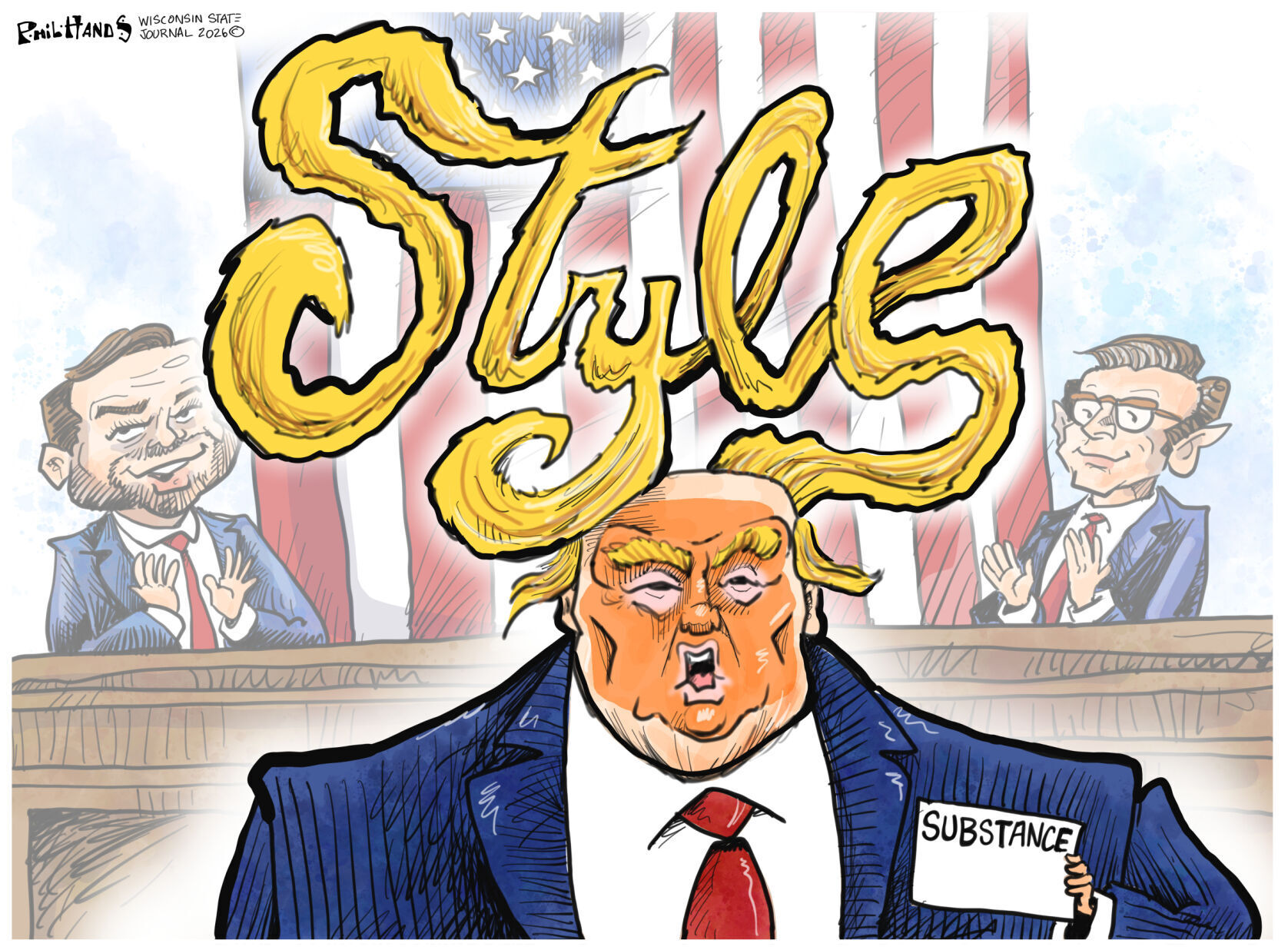Plastic pollution has escalated into one of the most pressing environmental crises of our time. Oceans teeming with marine life are now inundated with plastic debris, and microplastics have permeated every corner of the globe—from the deepest ocean trenches to the food on our plates. While individual actions matter, a significant portion of this problem can be traced back to the practices of large corporations. The question arises: who is really responsible for this mounting issue?
The Role of Big Corporations in Plastic Pollution – Who’s Really Responsible?

The Scale of Corporate Plastic Production
Recent studies have shed light on the disproportionate role that a handful of multinational companies play in plastic pollution. A comprehensive global study found that just 56 companies are responsible for over half of the world’s plastic pollution. Astonishingly, six corporations—The Coca-Cola Company, PepsiCo, Nestlé, Danone, Altria, and Philip Morris International—alone account for a quarter of this environmental burden. This research underscores the direct correlation between the amount of plastic these companies produce and the pollution found worldwide. Each 1% increase in plastic production by these companies leads to a comparable rise in environmental plastic waste. Source link to the ’56 companies are responsible for over half of the world’s plastic pollution’ in the same sentence.
Corporate Commitments and Their Limitations
Many of these corporations have publicly pledged to address plastic waste. However, a study by Duke University analyzing the commitments of 72 of the world’s largest companies revealed a concerning trend. Companies tend to focus on downstream strategies such as incorporating recycled materials or reducing packaging weight—efforts that, while positive, do not significantly curb the production of new, or virgin, plastic. This approach lacks measurable goals to reduce the use of new plastics and often fails to lead to a net reduction in plastic pollution, especially if cost savings are reinvested into producing more plastic products. Source link to ‘Companies tend to focus on downstream strategies’ in the same sentence.
The Role of Extended Producer Responsibility (EPR)
To effectively combat plastic pollution, there’s a growing consensus that major companies must be held accountable for the full life cycle of their products. This is where Extended Producer Responsibility (EPR) policies come into play. EPR shifts the responsibility of waste management from consumers and governments to the producers themselves. By holding manufacturers accountable for the disposal of their products, EPR incentivizes companies to minimize plastic usage and invest in sustainable, eco-friendly alternatives. Source link to ‘Extended Producer Responsibility (EPR) policies come into play’ in the same sentence.
Case Study: The Coca-Cola Company
The Coca-Cola Company has been identified as the world’s worst plastic polluter for six consecutive years. With over 100 billion single-use plastic bottles sold annually, the impact of this corporation on the environment is colossal. Many of these bottles end up in landfills, oceans, and other natural habitats, contributing significantly to pollution and wildlife harm. Critics argue that Coca-Cola’s close ties with the fossil fuel industry exacerbate the problem, as plastic production relies heavily on fossil fuels like crude oil and natural gas. Source link to ‘Coca-Cola Company has been identified as the world’s worst plastic polluter’ in the same sentence.
Towards a Circular Economy
Transitioning from the traditional linear “take-make-dispose” model to a circular economy is crucial in addressing the plastic crisis. A circular economy emphasizes reducing waste, reusing products, and recycling materials to create a closed-loop system. This transformation requires systemic changes in production and consumption patterns, with corporations playing a pivotal role. Companies must innovate in product design, opting for materials that are reusable or biodegradable, and invest in recycling infrastructure to ensure materials are recovered and reused. Source link to ‘Transitioning from the traditional linear “take-make-dispose” model to a circular economy’ in the same sentence.
Empowering Consumers and Communities
While corporations hold significant responsibility, consumers also wield power through their choices and advocacy. Public pressure has led to movements urging companies to reduce plastic usage and adopt sustainable practices. For instance, over 100,000 people have signed petitions calling for bans on single-use plastic bottles and the implementation of refillable and reusable solutions. Grassroots initiatives and community programs further amplify the call for change, highlighting the collective desire for a healthier planet. Source link to ‘Over 100,000 people have signed petitions calling for bans on single-use plastic bottles’ in the same sentence.
Innovative Solutions and Collaborative Efforts
Organizations like TONTOTON are stepping up to bridge the gap between corporate responsibility and environmental necessity. TONTOTON offers companies the opportunity to offset their plastic usage by purchasing plastic credits. These credits fund initiatives that collect and co-process both recyclable and previously neglected non-recyclable plastics, ensuring zero waste. This model not only addresses plastic pollution but also provides training, protective equipment, healthcare, and income opportunities to community members involved in the process. Source link to ‘Organizations like TONTOTON are stepping up to bridge the gap’ in the same sentence.
Conclusion
Plastic pollution is a multifaceted issue that demands a concerted effort from all stakeholders. While individuals and governments play roles in mitigation, the primary responsibility lies with the corporations that mass-produce plastic materials. Holding these companies accountable through policies like EPR, supporting innovative solutions, and advocating for systemic change are crucial steps toward a sustainable future. As consumers, making conscious choices and voicing concerns can drive corporations to prioritize the planet over profit.
Take Action Today
Join the movement toward a cleaner, plastic-free environment. Support organizations making a difference, choose products with sustainable packaging, and add your voice to petitions demanding corporate accountability. Together, we can shift the tide against plastic pollution and foster a healthier planet for future generations.











